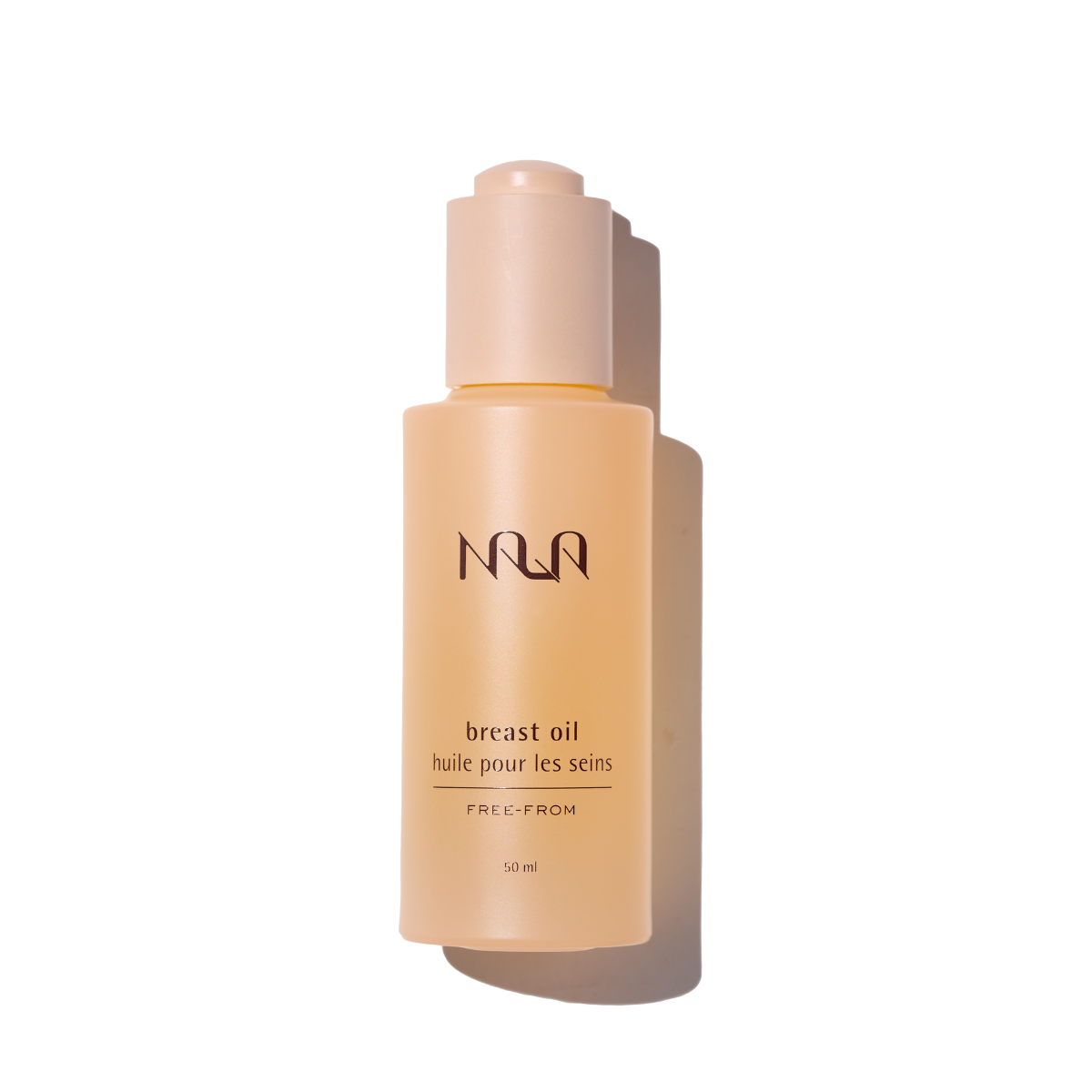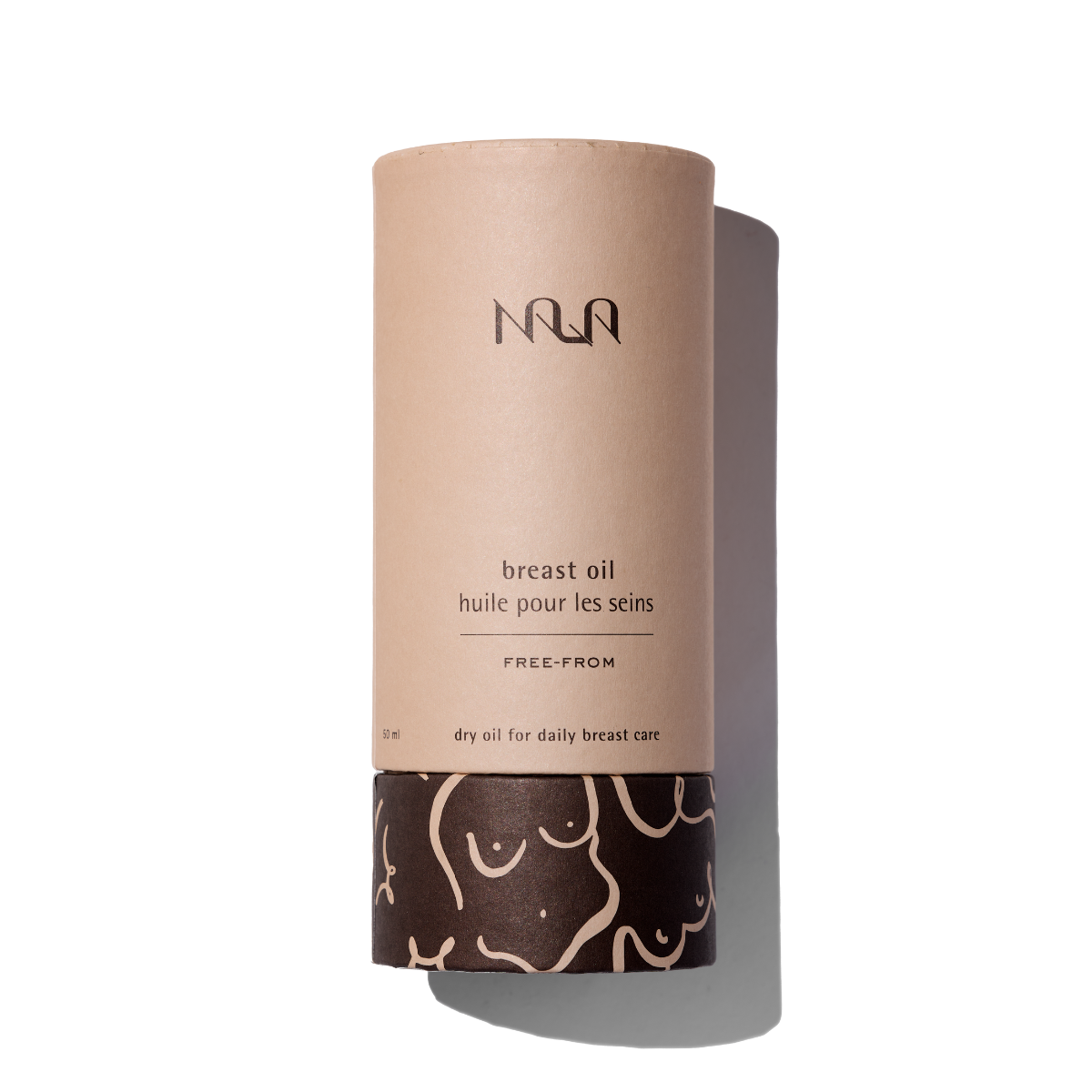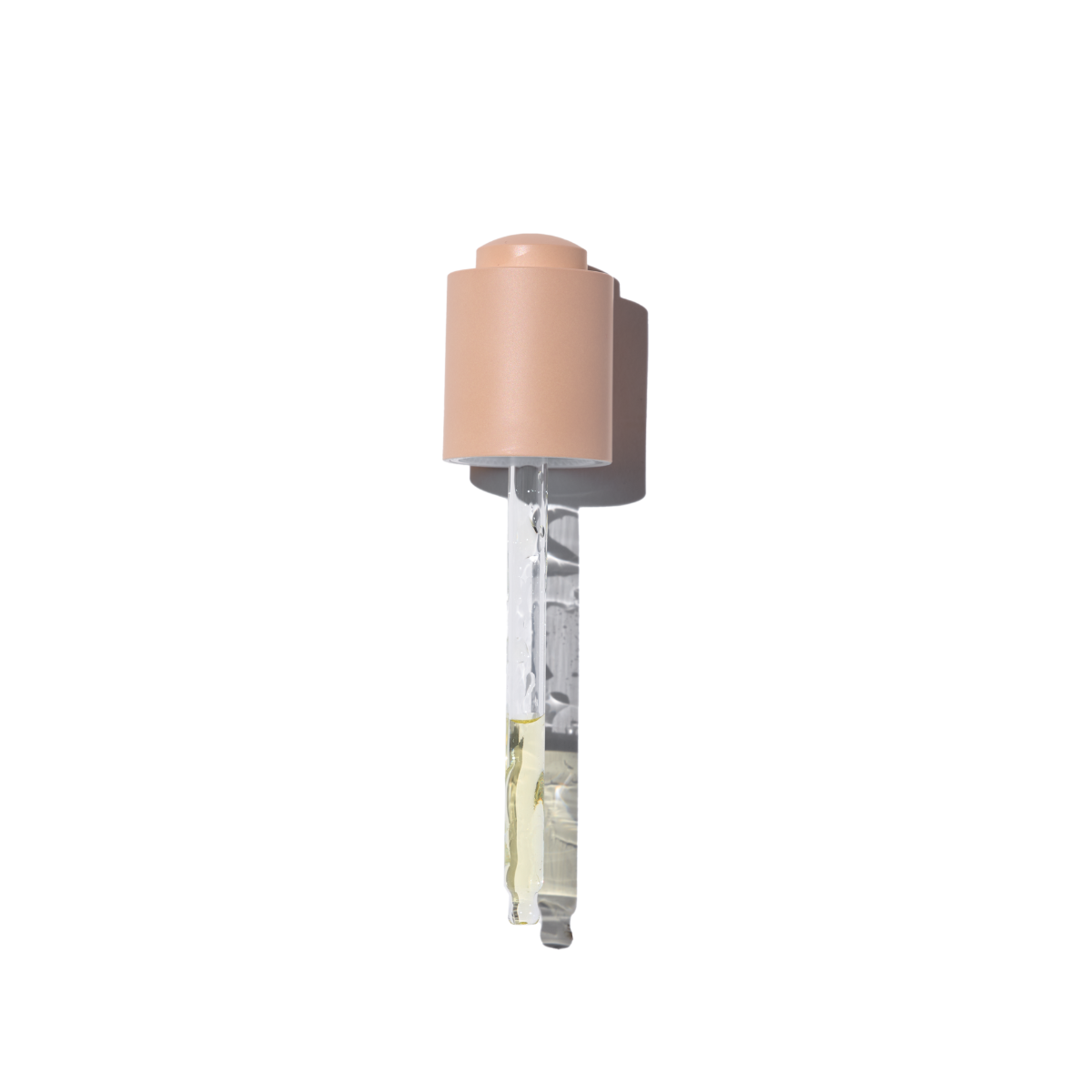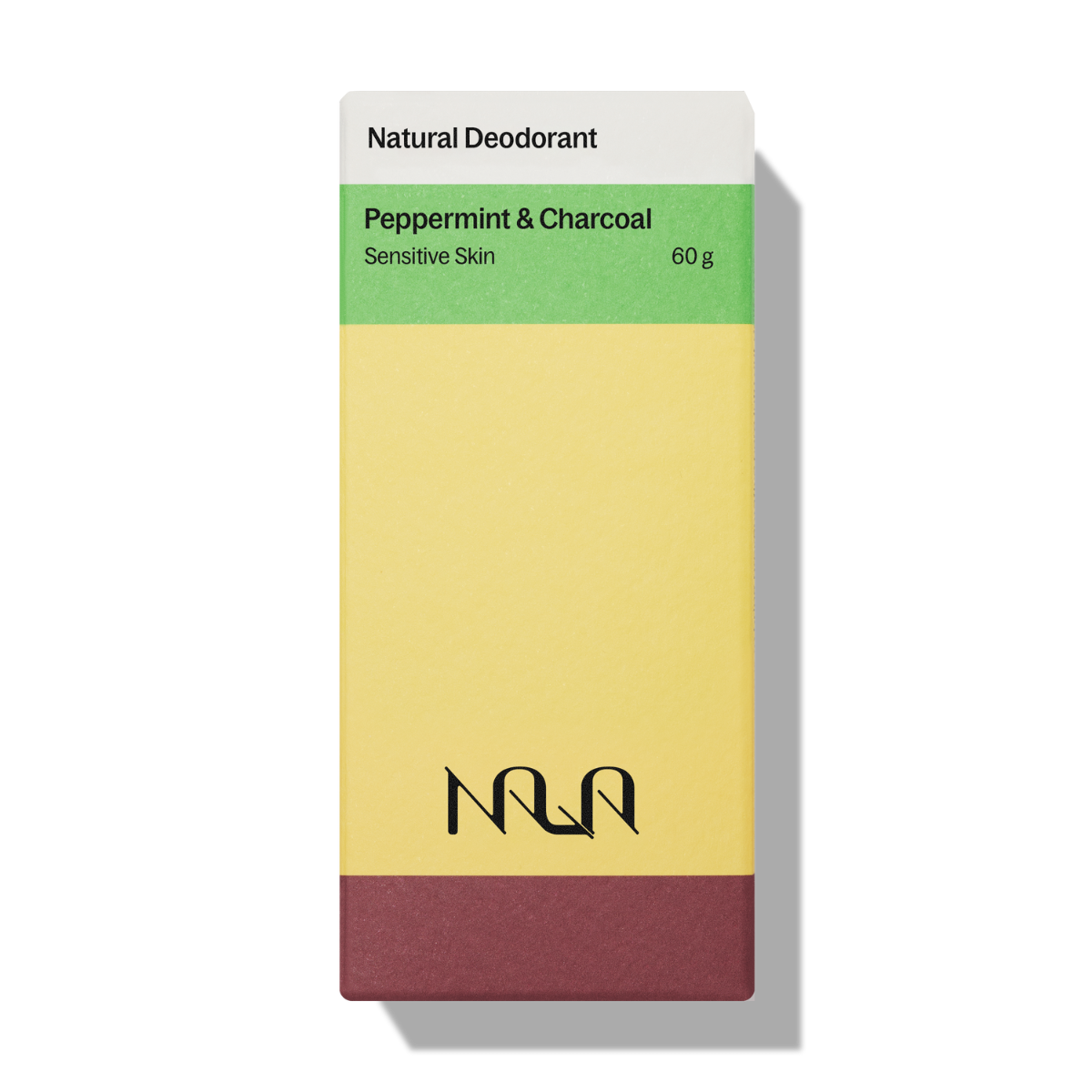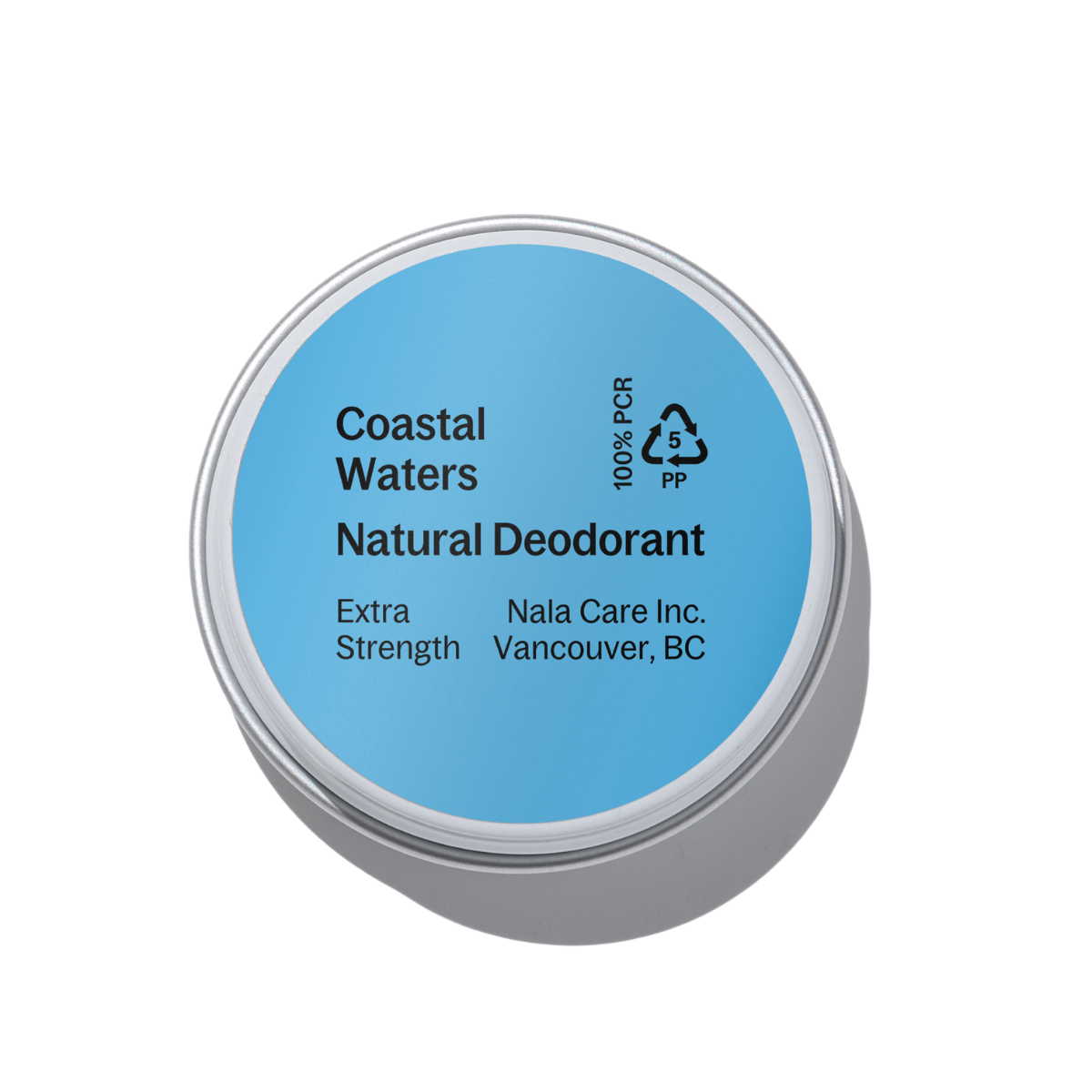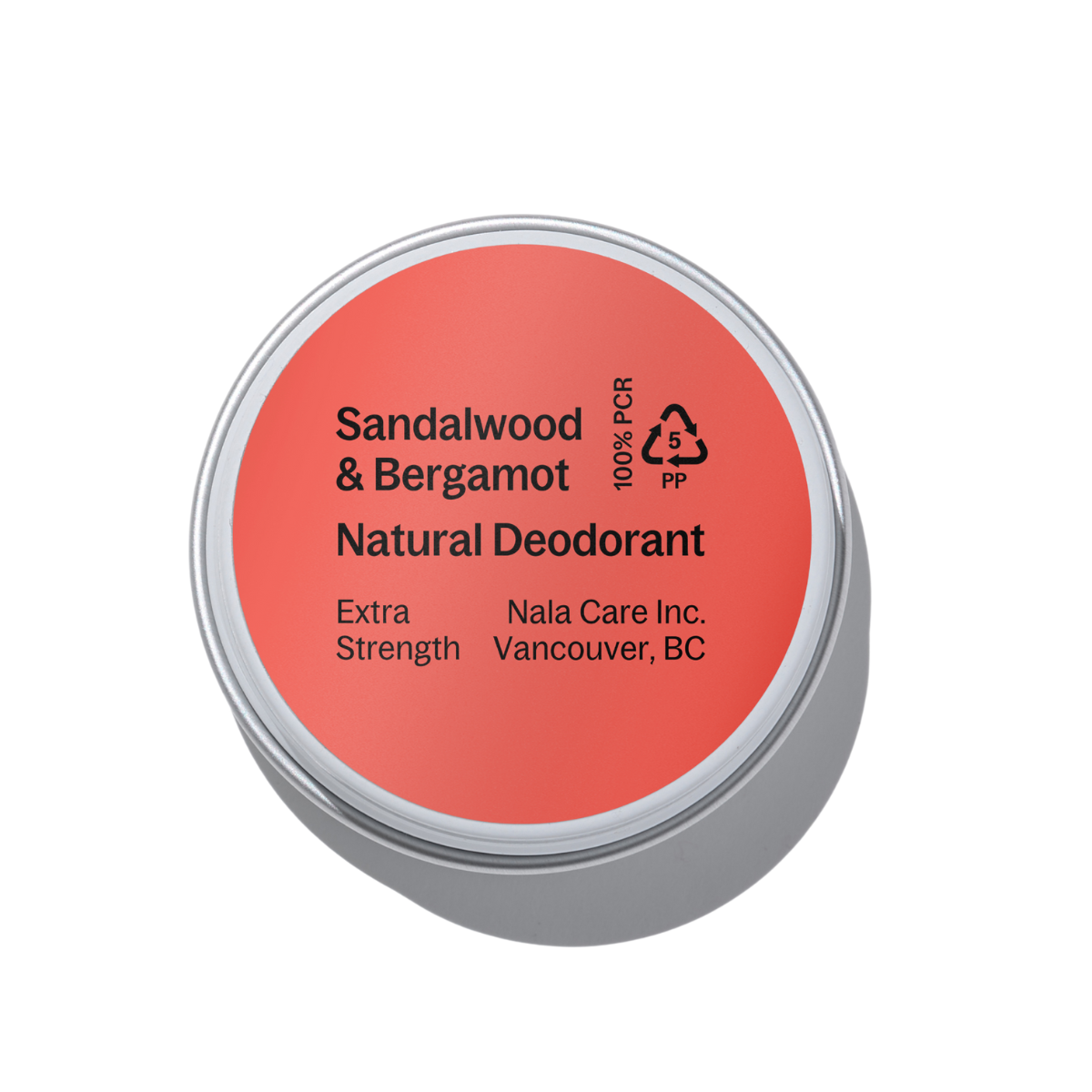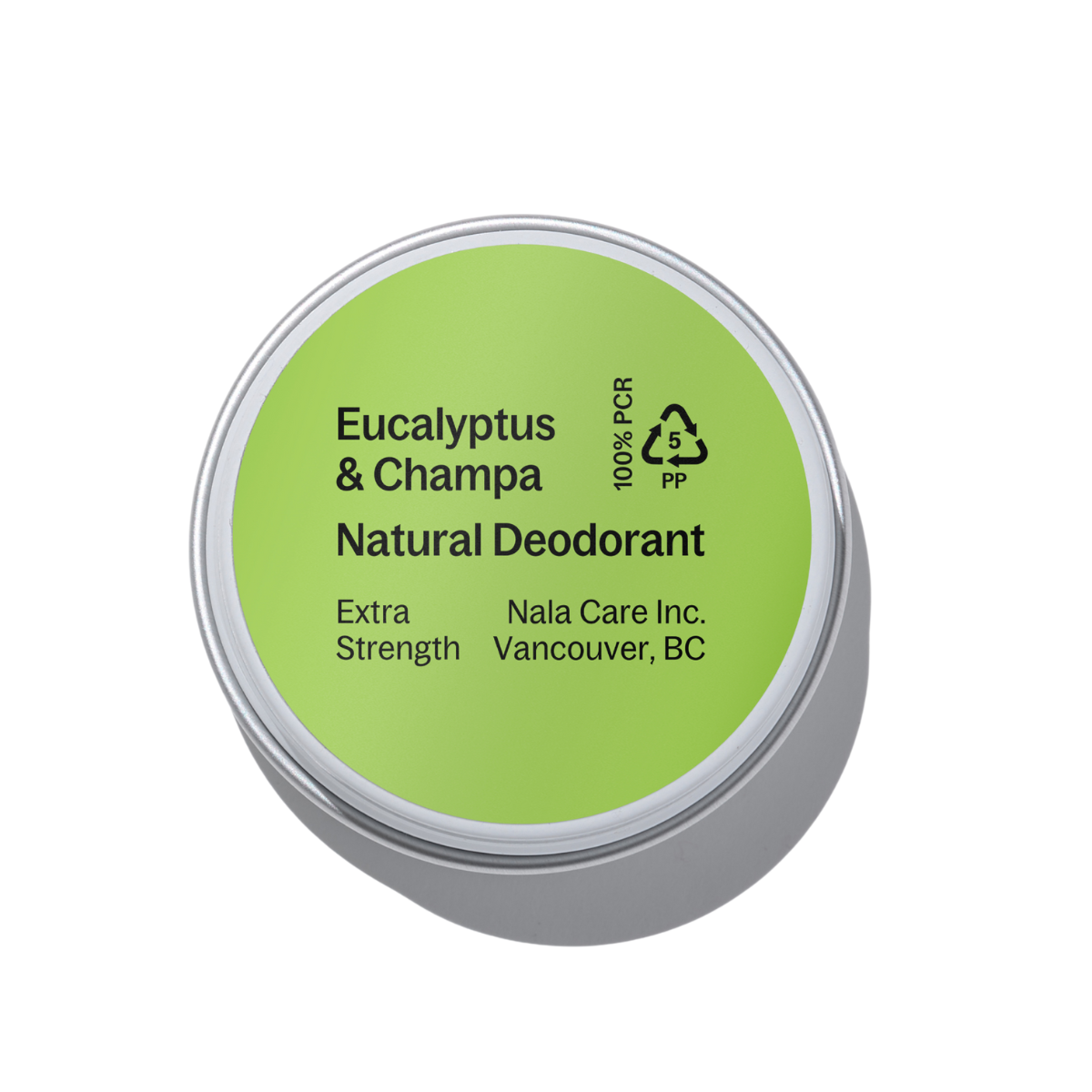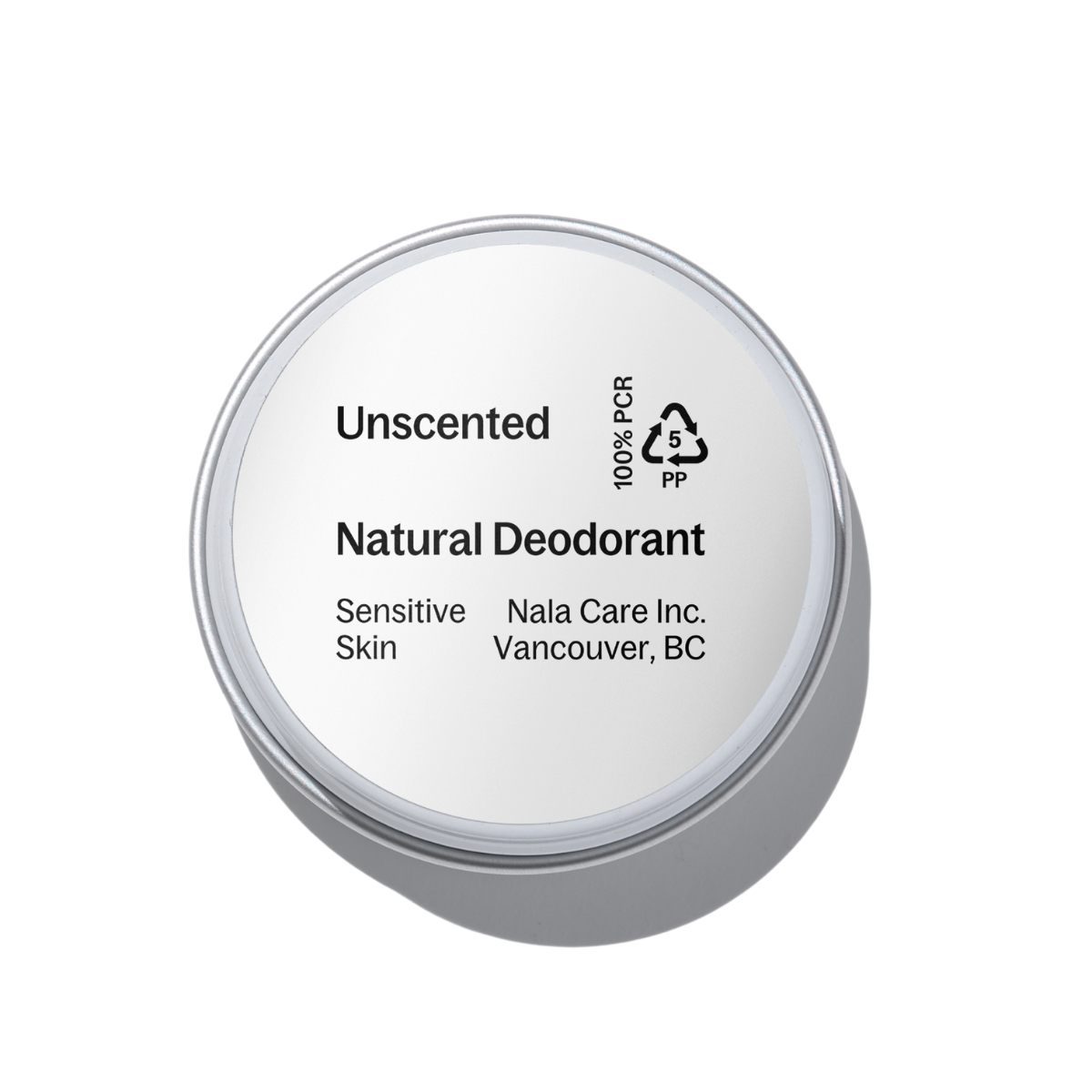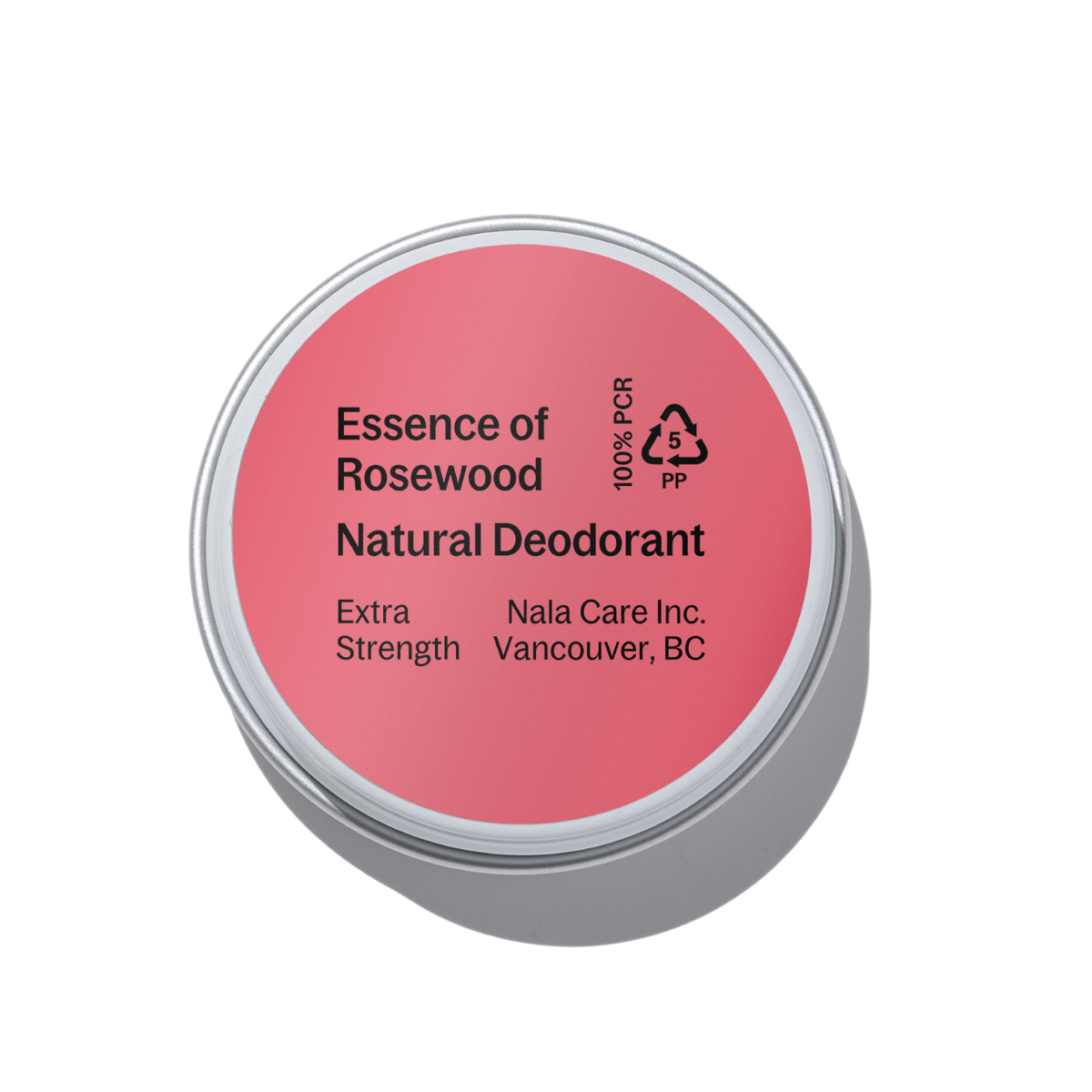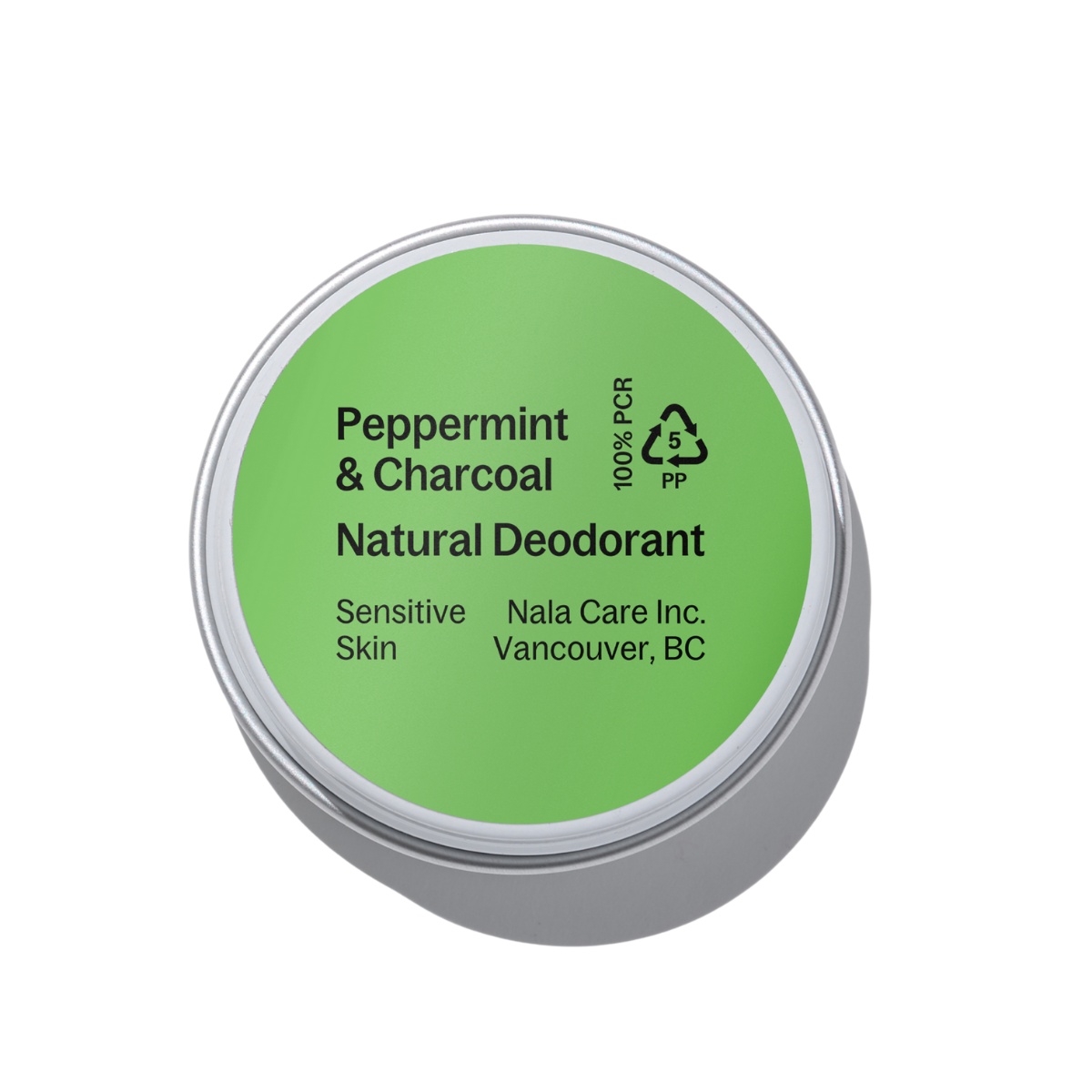7 things that happen postpartum and why we need to talk more about them
We spend nine months, if not more, reading about what is happening to our bodies and baby during each stage of our pregnancy. We spend time with ourselves, our care providers, and our partners preparing for labour and delivery, understanding what will happen and the birth we’d prefer to have.
So why aren’t we talking more about what happens postpartum and how we can best prepare to survive the fourth trimester?
We think the postpartum conversation is an important one, which is why we’re here to talk about the 7 things that can happen postpartum.
7. Postpartum Depression
While baby blues, some sadness due to hormonal changes in the first few days post labour, is completely normal and dissipates fairly quickly, postpartum depression is a heavier mental state that should be addressed immediately. We need to be talking more openly about the mental health of new parents.
In Canada, about 23% of mothers who recently gave birth report feelings consistent with either postpartum depression or an anxiety disorder (1). Dedicate some time each day to track your emotions, either in a journal or verbally with your partner. Be honest with where you’re at, and remember to be gentle with yourself. Postpartum depression is curable if you seek help (1). Help which many birthing people in your life have probably sought for themselves too.
6. That First Number Two
Labour and birth are complete and you think you’re out of the woods with pain in your downstairs. Unfortunately no, as your first bowel movement can often be just as painful as labour itself (although thankfully much shorter).
During pregnancy, the veins around your rectum may have become swollen and painful and were probably further aggravated by pushing during labour (2). Straining when you poop after delivery can further irritate the area (3), which can make the whole number two bathroom situation one that has many women a little nervous.
Eat lots of fibre, stay hydrated and have witch hazel spray handy - you’re welcome.
5. Prolapsed Uteruses
It’s the feeling of having something hanging out of your vaginal opening and around 35% of women who have recently given birth suffer from symptoms of prolapse (4). That’s an incredibly high number for something that’s not usually discussed until the birth parent actually feels these symptoms.
This is where investing in pelvic floor physiotherapy postpartum is key (5). Your pelvic floor is responsible for so much, but our tiny kegel muscles often get ignored in favour of toning more visible muscles postpartum, like our stretched stomachs. Working on strengthening your pelvic floor postpartum sets you up for life, especially if you plan to have multiple children. Invest in this tiny muscle.
4. Taking A While to Bond with Baby
They call it the golden hour, the immediate time after delivery where you and baby bond. But what if those euphoric feelings don’t immediately transpire?
A delayed bonding with your baby is common (6), yet it can have many new parents feeling like there’s something wrong with them for not immediately fawning over their new babe. This person is brand new to you, and it’s okay, and completely normal if you don’t feel an immediate connection. One will transpire as you get to know each other.
3. Sweating. Lots.
Your body took on a lot of fluids during pregnancy, and in the first weeks post labour your body will begin to shed them. Cue intense night sweats.
Not only will you wake in cold sweats, but if you’re breastfeeding your hormones are shifting once again from pregnancy to feeding, which can result in more and smellier sweat (7).
It can be hard to adjust to your body’s new flow when you’re trying to adjust to a whole host of other things, and probably not feeling like you. Arm yourself with a free-from deodorant to naturally battle those odours, and remember to take a calming whiff of it before applying to ground yourself for the day ahead. Those small moments are important as a new parent.
Top Recommended Deodorants for Postpartum
2. No Sense of Routine
There’s so much pressure from Instagram moms and baby books to have a nighttime routine set for you and baby or you’ll never sleep again. Babies don’t actually take to routines until around four months (8), which means that it’s ok if there isn’t one right now.
If you want to co-sleep, co-sleep. If baby falls asleep on your chest and you nap like that, so be it. Right now isn’t the time to force a routine on either of you, right now is the time to just go with whatever sort of flow there is and get as many broken-up zzzs as possible. Routine will follow in time.
1. Needing Help
This postpartum time should be the time to focus on your and your baby’s bonding. But while some say the laundry and chores can wait, sometimes a messy house doesn’t equate to a calm mindset. So get your care people ready.
Have a list prepped before labor of those you can call on for house help, babysitting (so you can nap or shower), and meal deliveries. This is your time to lean on people and trust that they’re happy to help. Delegate, delegate, delegate.
The postpartum journey is a beautiful one, and it’s important for us to openly talk about what can transpire so that new parents can best take care of themselves during this transitioning time.
REFERENCES:
-
Mayo Foundation for Medical Education and Research. (2018, September 1). Postpartum depression. Mayo Clinic. Retrieved September 17, 2021, from https://www.mayoclinic.org/diseases-conditions/postpartum-depression/symptoms-causes/syc-20376617.
-
Bradley, S. (n.d.). Everything you need to know about postpartum poop. Verywell Family. Retrieved September 17, 2021, from https://www.verywellfamily.com/what-to-know-about-postpartum-poop-4774591.
-
Taylor, M. (2021, June 14). Having trouble pooping after birth? Here's why and what to do about it. What to Expect. Retrieved September 17, 2021, from https://www.whattoexpect.com/first-year/postpartum-health-and-care/postpartum-bowel-movements/.
-
WebMD. (n.d.). Uterine prolapse: Stages, causes, symptoms, treatment, and surgery. WebMD. Retrieved September 17, 2021, from https://www.webmd.com/women/guide/prolapsed-uterus.
-
Prolapsed uterus after childbirth: What you need to know. Prolapsed Uterus After Childbirth: What You Need to Know | Crystal Run Healthcare. (n.d.). Retrieved September 17, 2021, from https://www.crystalrunhealthcare.com/articles/prolapsed-uterus-after-childbirth-what-you-need-know.
-
Define_me. (n.d.). Retrieved September 17, 2021, from https://nwhjournal.org/article/S1751-4851(17)30281-7/pdf.
-
MediLexicon International. (n.d.). Postpartum night Sweats: Causes, treatments, and timescale. Medical News Today. Retrieved September 17, 2021, from https://www.medicalnewstoday.com/articles/322589.
-
Nancy Montgomery|Medically reviewed byJennifer Burgis, M. D. (n.d.). The basics of baby schedules: Why, when, and how to start a routine. BabyCenter. Retrieved September 17, 2021, from https://www.babycenter.com/baby/schedules/the-basics-of-baby-schedules-why-when-and-how-to-start-a-rou_3658352.

